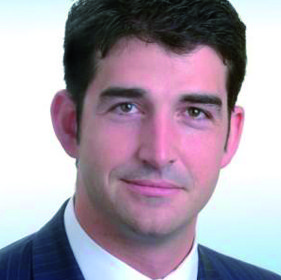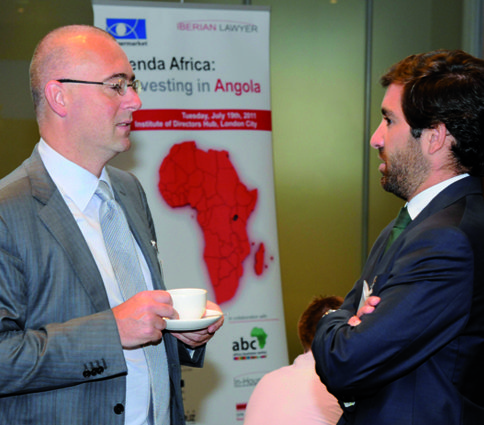Connecting with Mozambique’s long-term potential – AVM Advogados
Infrastructure and energy investments are at the forefront of increasing levels of business activity
Mozambique is a country that is quietly attracting growing levels of international investment as it looks to create new energy, transport and communications infrastructure, says Claudia Santos Cruz, a Partner at AVM Advogados and jointly responsible with António Vicente Marques, the firm’s Founding Partner, for launching the Maputo office.
 “We may not see the same number of headline deals, or the same rush of international investor interest in Mozambique as has been the case with Angola, for example, but the country nonetheless offers significant opportunities. In a sense there remains everything to do in order to merely facilitate day-to-day business.”
“We may not see the same number of headline deals, or the same rush of international investor interest in Mozambique as has been the case with Angola, for example, but the country nonetheless offers significant opportunities. In a sense there remains everything to do in order to merely facilitate day-to-day business.”
Energy is a major area of Government focus but where the most pressing demand is for modern distribution and transmission infrastructure. The country’s enormous Cahora Bassa dam remains the largest supplier of electricity in the region however growing demand has highlighted the lack of energy infrastructure leading to inconsistent supplies and blackouts. A significant proportion of supply is also routed out of Mozambique to South Africa.
The announcement in late 2010 by US company Anadarko that one of its offshore exploration wells in Mozambique’s Rovuma Basin had found natural gas, echoing earlier finds by UK-based Cove Energy, therefore presents enormous potential and the creation of an entirely new industry, says Santos Cruz.
“Interest in offshore East Africa, which is much less explored than West Africa, has picked up dramatically since the discovery, and Anadarko is now looking at developing a LNG plant. But further exploration is underway, including by Petronas of Malaysia, Norway’s Norsk Hydro and Italy’s ENI, among others.”
The situation affecting energy distribution is however repeated in areas like telecommunications and transport, which have also seen inconsistent levels of investment across the country. Significant therefore is the US$500m upgrade of the Nacala Port and Rail system, intended to better connect the country’s interior – and landlocked Malawi, Zambia and Zimbabwe.
“Mozambique wants to develop as an alternative transit point to the highly congested ports of Dar-es-Salaam in Tanzania and Kenya’s Mombasa. The port and rail project is expected to be completed by 2015 and will give much better access to the Moatize mines in Mozambique’s western province of Tete – where there are proven reserves of over a billion metric tons of coal – but this first requires the strengthening of the existing line and the construction of a new section within Malawi,” Santos Cruz explains.
As regards the finance for major projects, most continues to be underwritten by international aid and support programmes however public-private finance activity is on the increase. Change is therefore coming to Mozambique, emphasises Vicente Marques.
“Last year Mozambique undertook a complete overhaul of its exchange control regime and with the new Foreign Exchange Law now in force the hope is that this will reinforce the process of liberalisation that has begun in many sectors.”
The new Law provides foreign investors with greater flexibility in structuring cross-border transactions, but care is still required to ensure compliance with income repatriation and conversion requirements, he says.
“Foreign technical skills, as much as finance, are in high demand. But in order to succeed in Mozambique companies have to adapt to local norms and ensure that all the correct prior authorisations are in place, especially for capital intensive operations.”
The country however offers a more stable regulatory environment than many in the region and with fewer barriers to entry, adds Santos Cruz. The Portuguese influence is felt not only in the use of language but in most legislation.
The contradiction is therefore that for Mozambique to encourage greater inward investment it must first build the basic infrastructure to allow better and more efficient transportation and communication, she says.
“The Government is clearly looking to favour those companies and investors that are willing to make a long-term commitment to, and whose plans are aligned to its own development priorities – for which attractive incentives are already in place.”












